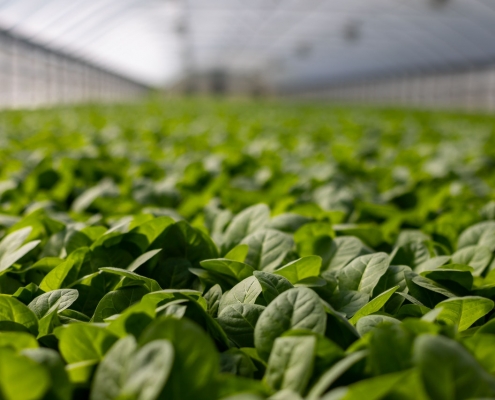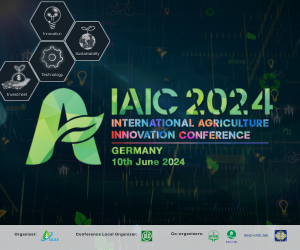Exploit plants’ ability to tell the time to make food production more sustainable – study
UNIVERSITY OF CAMBRIDGE
Cambridge plant scientists say circadian clock genes, which enable plants to measure daily and seasonal rhythms, should be targeted in agriculture and crop breeding for higher yields and more sustainable farming.
Like humans, plants have an ‘internal clock’ that monitors the rhythms of their environment. The authors of a study published today say that now the genetic basis of this circadian system is well understood and there are improved genetic tools to modify it, the clock should be exploited in agriculture – a process they describe as ‘chronoculture’ – to contribute to global food security.
“We live on a rotating planet, and that has a huge impact on our biology – and on the biology of plants. We’ve discovered that plants grow much better when their internal clock is matched to the environment they grow in,” said Professor Alex Webb, Chair of Cell Signalling in the University of Cambridge’s Department of Plant Sciences and senior author of the report.
A plant’s circadian clock plays an important role in regulating many of the functions that affect yield including flowering time, photosynthesis, and water use. The genes controlling the circadian rhythm are similar in all major crop plants – making them a potential target for crop breeders wishing to gain more control over these functions.
Chronoculture could also be applied by adapting crop growing practices to the optimal time of day, to reduce the resources required. The study is published today in the journal Science.
The simplest and easiest approach, say the scientists, would be to use knowledge of a crop’s internal clock to apply water, herbicides or pesticides at the most effective time of day or night. Low-cost technologies including drones and sensors could collect round-the-clock information about plant crop growth and health. Farmers could then receive advice about the best time to apply treatments to their specific crop, for their precise location and weather conditions.
“We know from lab experiments that watering plants or applying pesticides can be more effective at certain times of day, meaning farmers could use less of these resources. This is a simple win that could save money and contribute to sustainability,” says Webb.
He added: “Using water more efficiently is an important sustainability goal for agriculture.”
Webb says that indoor ‘vertical farming’ could also be improved using chronoculture. The approach, mostly used for leafy greens at present, grows crops under highly controlled light and temperature conditions but can also be very energy intensive. With knowledge of the plants’ internal clock and the ability to change it through genetic modification, the lighting and heating cycles could be matched to the plant for highly efficient growth.
> Source: EurekAlert!



 Credit: Pexel/CC0 Public Domain
Credit: Pexel/CC0 Public Domain Credit: Pexel/CC0 Public Domain
Credit: Pexel/CC0 Public Domain